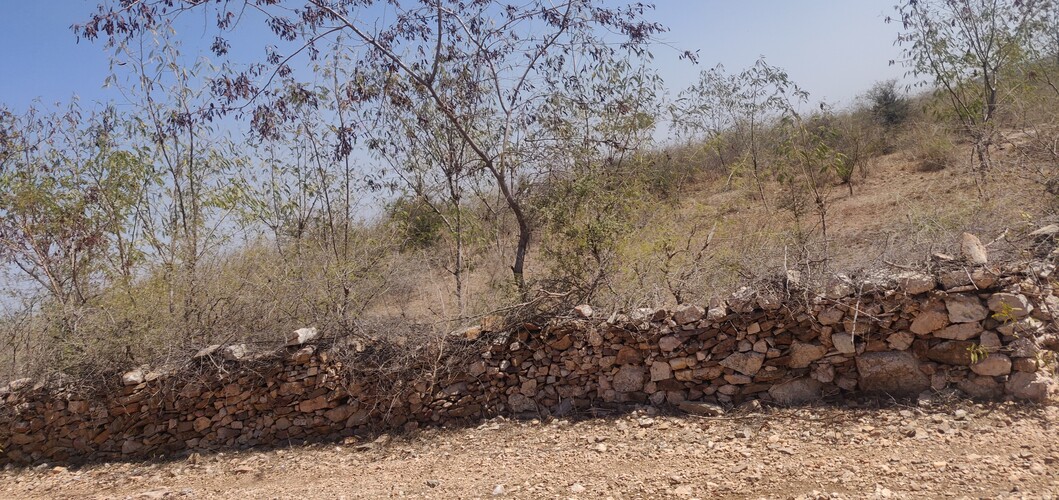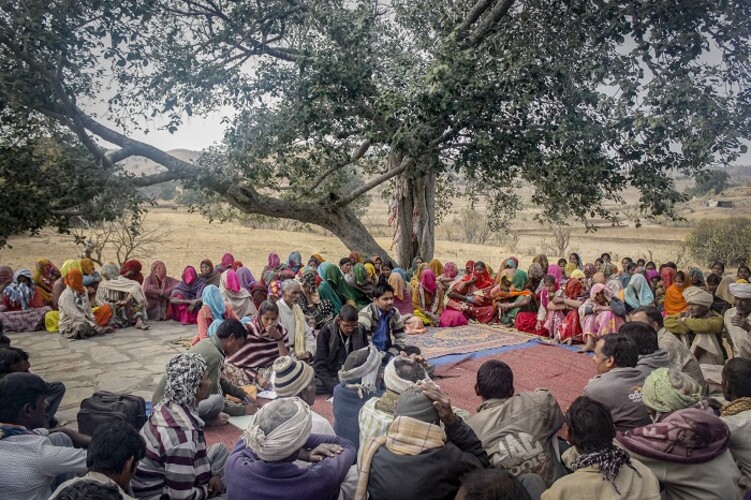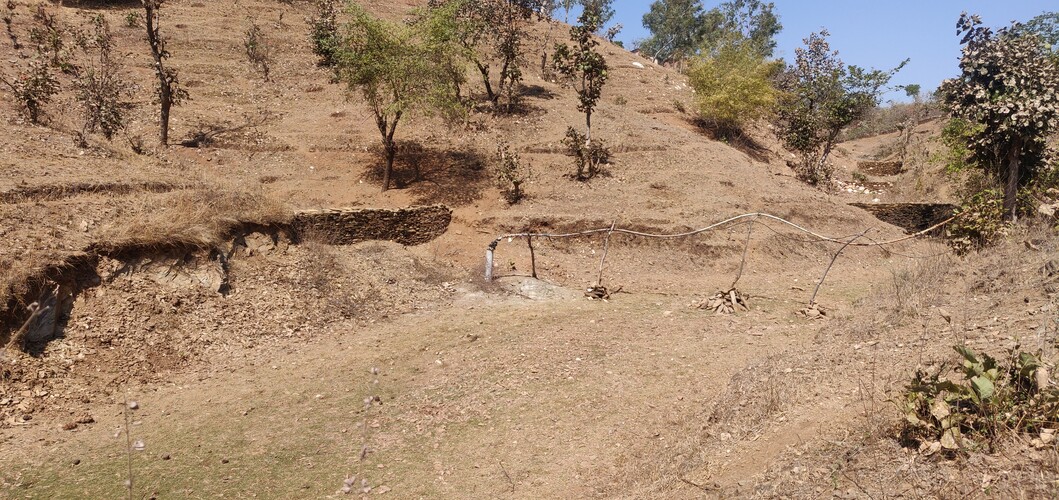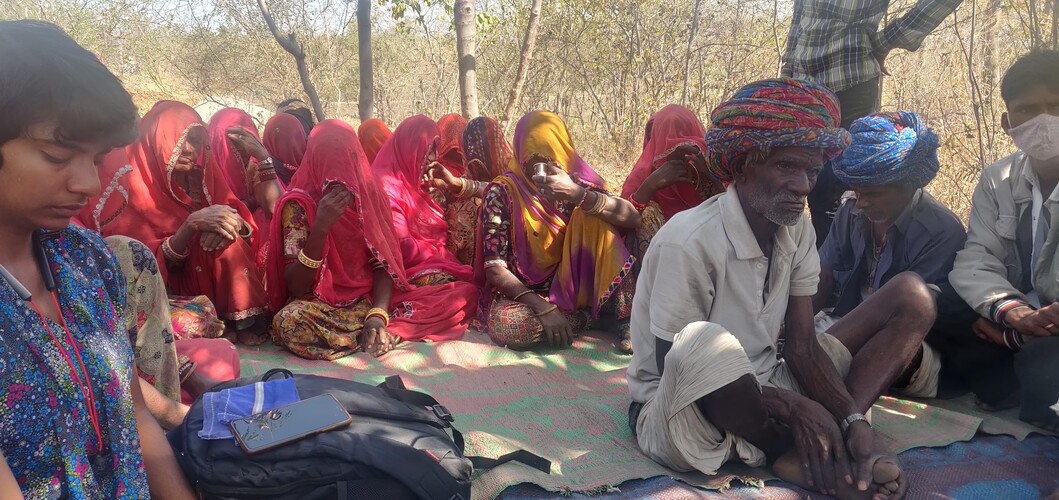Protection of Commons
Between 80 and 100% of people in the region’s rural areas, in particular the poor, are directly dependent on common lands such as forest, pastures and wastelands (ie non-productive land) for their livelihood and cultural practices.
Seva Mandir
Seva Mandir works with more than 500,000 people in 1,300 rural villages in two districts (Udaipur and Rajsamand) of southern Rajasthan. The total area of these two districts is over 16,000 km2, with villages spread over large areas and made up of a series of small hamlets, typically inhabited by different caste and tribal groups. The area is hilly and semi-arid, with poor infrastructure. 84% of the population are subsistence farmers who struggle to make a living from their small landholdings. Increasing numbers of men migrate to distant towns to work as labourers in mining, construction or agriculture, leaving women to run the smallholdings, look after the animals, labour in the villages and look after children, many of whom have to work in the home or the fields.
Seva Mandir believes in not just delivering aid, but in long-term and sustainable social transformation. Since our inception over 50 years ago, the fundamental principle underpinning all of our activities has been that rural development work in the villages, however much it is needed, is not an end in itself. Rather, it is inextricably linked to the aim of transforming social relationships within the villages, strengthening communities' capacity for self-development and governance and reducing traditional social barriers based on caste, class, gender and age. Seva Mandir has sought to achieve its twin aims of improving lives and strengthening communities by engaging all members of a village in the process of self-governance, including decisions relating to, and the management of, development projects. The results and sustainability of all our integrated development work depend on this foundation.
Total number of CCAs documented :
90
Total area (hectares) covered by documented CCAs:
2753.67





